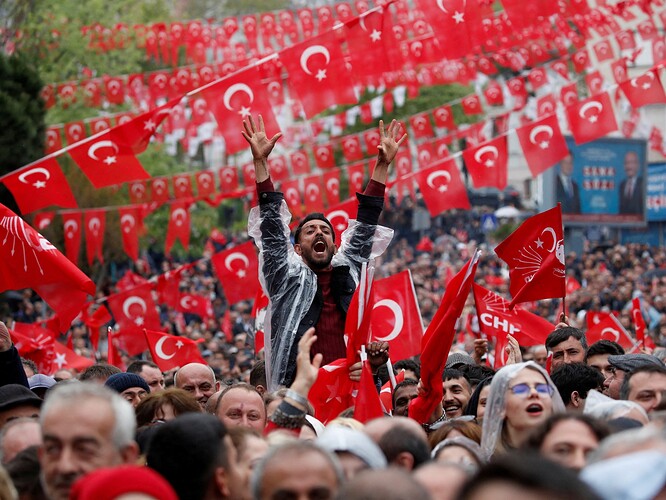Germany, officially known as the Federal Republic of Germany, is a country located in Central Europe. With a population of over 83 million people, it is the second most populous country in Europe, and the seventh most populous country in the world. Germany has a long and complex history, with its roots tracing back to the Holy Roman Empire in the Middle Ages.
Geography
Germany is located in Central Europe, bordered by Denmark to the north, Poland and the Czech Republic to the east, Austria and Switzerland to the south, and France, Luxembourg, Belgium, and the Netherlands to the west. It has a total area of 357,386 square kilometers (137,988 square miles), making it the seventh largest country in Europe.
Germany has a diverse landscape, with the Alps in the south, the forests of the Black Forest and Bavaria, the rolling hills of central Germany, and the flat plains of the north. The Rhine, Danube, and Elbe rivers are some of the most important waterways in the country, providing essential transportation routes for centuries.
History
The history of Germany is rich and complex, with its roots tracing back to the Holy Roman Empire in the Middle Ages. Over the centuries, Germany has been shaped by political, social, and cultural forces, with periods of great prosperity, as well as times of war, devastation, and political upheaval.
The 19th century saw Germany become a major industrial power, with its economy growing rapidly and its political power rising in Europe. However, Germany’s aggressive foreign policies and military ambitions ultimately led to World War I. The Treaty of Versailles, which ended the war, imposed heavy reparations on Germany and led to economic hardship and political instability. This, in turn, paved the way for the rise of Adolf Hitler and the Nazi Party, which eventually led to World War II and the Holocaust.
After World War II, Germany was divided into two parts: the Federal Republic of Germany (West Germany) and the German Democratic Republic (East Germany). The Cold War between the United States and the Soviet Union saw West Germany become a prosperous democratic country, while East Germany remained under communist control and was much poorer.
In 1989, the fall of the Berlin Wall marked the end of the Cold War and led to the reunification of Germany in 1990. Since then, Germany has become one of the most influential countries in Europe, and an important player on the global stage.
Culture
Germany is home to a rich and diverse culture, with contributions to art, music, literature, and philosophy. Some of the world’s most famous composers, such as Johann Sebastian Bach, Ludwig van Beethoven, and Wolfgang Amadeus Mozart, were German. German literature has also produced some of the world’s most renowned writers, including Johann Wolfgang von Goethe, Thomas Mann, and Hermann Hesse.
German cuisine is known for its hearty, filling dishes, such as sausages, schnitzels, and sauerkraut. German beer is also famous worldwide, with breweries dating back over 1,000 years. Oktoberfest, a festival celebrating beer, is one of the most famous events in Germany.
Germany also has a strong tradition of science and technology, with many important discoveries and inventions coming from German scientists and inventors. Albert Einstein, who developed the theory of relativity, is perhaps the most famous German scientist.
Politics
Germany is a federal parliamentary republic, with a president as the head of state and a chancellor as the head of government. The president has mostly ceremonial duties, while the chancellor is responsible for governing the country and leading the executive branch of government.
Germany is divided into 16 states, each with its own parliament and government. The federal government has authority over national and international issues, while the states have power over issues that affect their regions, such as education, culture, and transportation.
Economy
Germany has the largest economy in Europe, and the fourth largest economy in the world. Its economy is highly diversified, with a mix of traditional industries, such as automotive and machinery manufacturing, and cutting-edge technologies, such as renewable energy and biotechnology.
Germany is known for its highly skilled workforce, with a strong emphasis on vocational education and training. It is also home to many internationally renowned companies, such as Mercedes-Benz, BMW, Siemens, and BASF.
Conclusion
Germany has played a significant role in shaping European history, and continues to be a major influence on the global stage. Its rich cultural heritage, strong economy, and commitment to education and innovation make it one of the most prosperous and progressive countries in the world.
Disclaimer
6do Encyclopedia represents the inaugural AI-driven knowledge repository, and we cordially invite all community users to collaborate and contribute to the enhancement of its accuracy and completeness.
Should you identify any inaccuracies or discrepancies, we respectfully request that you promptly bring these to our attention. Furthermore, you are encouraged to engage in dialogue with the 6do AI chatbot for clarifications.
Please be advised that when utilizing the resources provided by 6do Encyclopedia, users must exercise due care and diligence with respect to the information contained therein. We expressly disclaim any and all legal liabilities arising from the use of such content.




